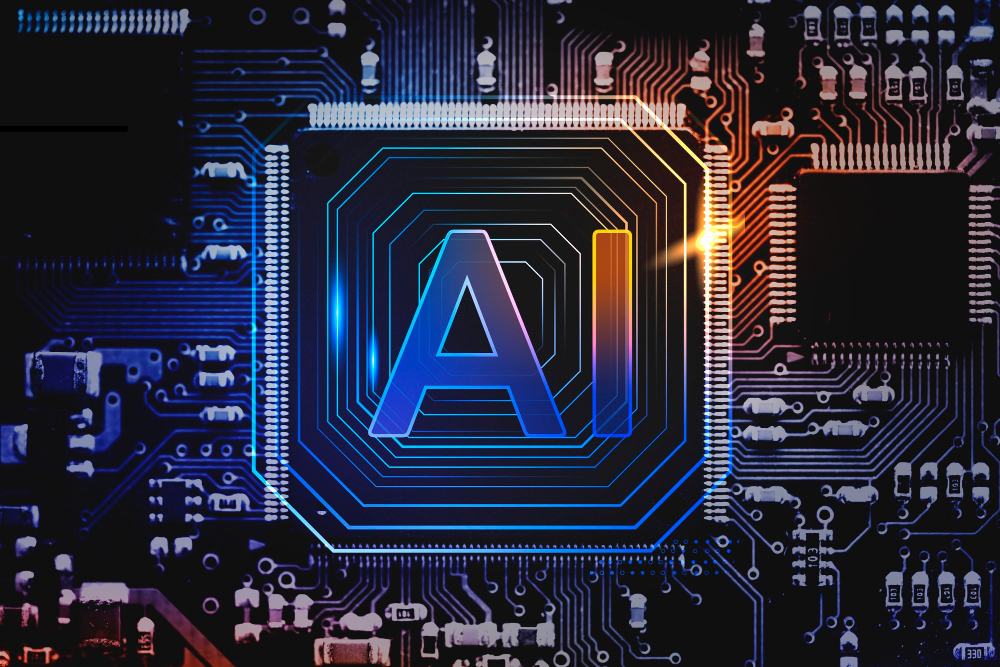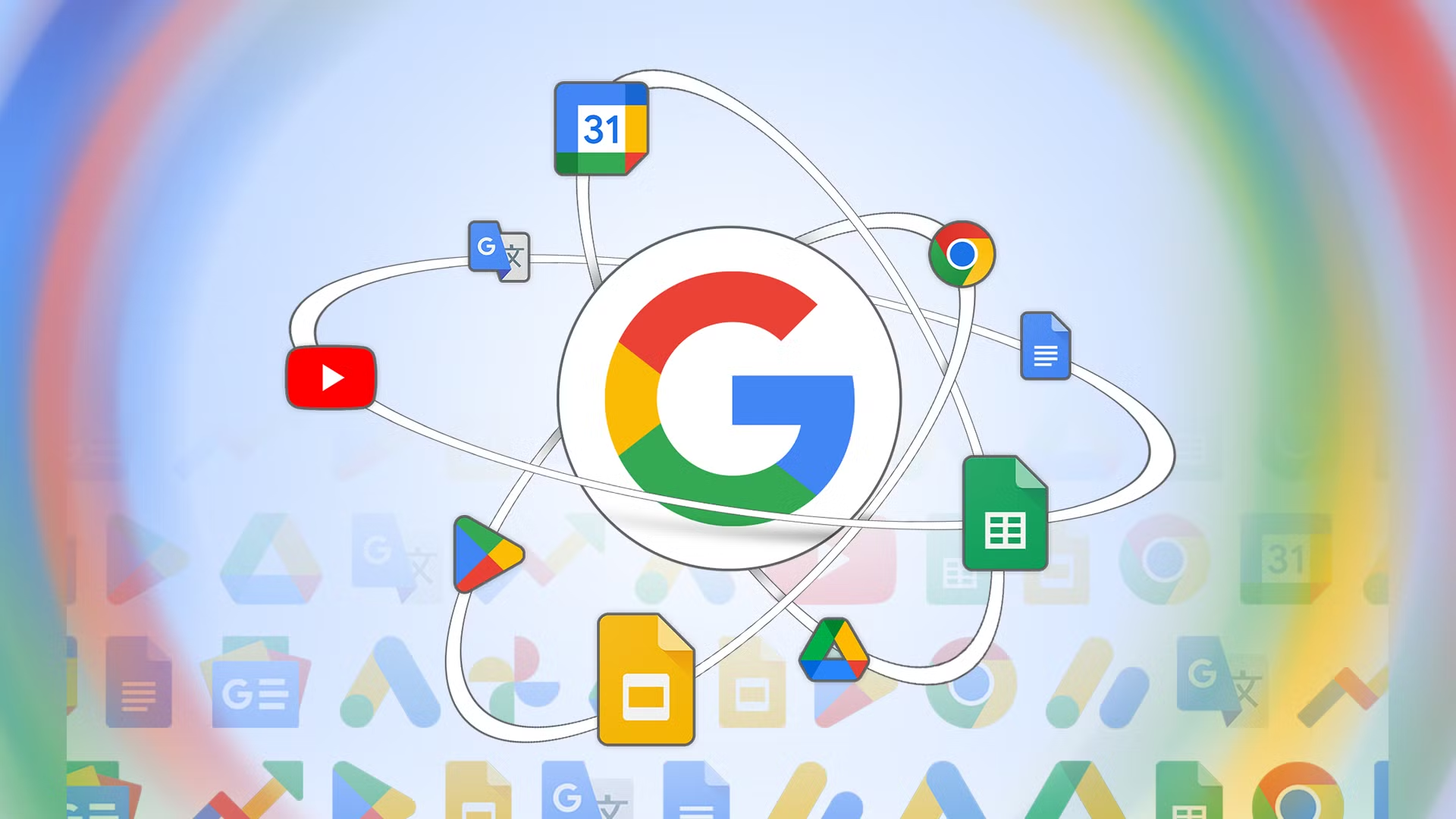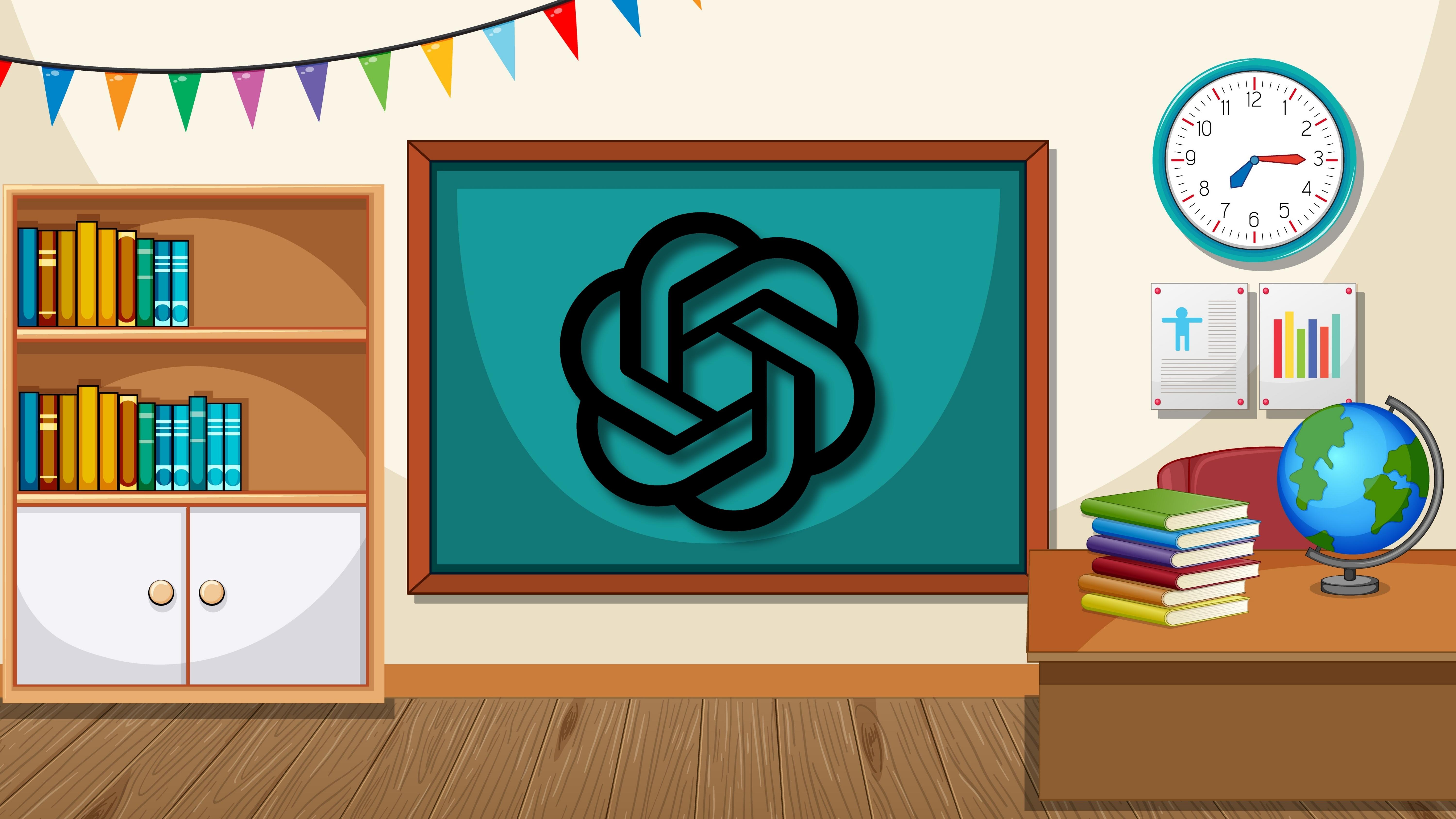Policy-makers are being urged to take a more targeted approach to ‘sovereign AI’ spending, as a new paper released alongside the World Economic Forum meeting in Davos argues that no country can realistically build every part of the AI stack alone. Instead, the authors recommend treating AI sovereignty as ‘strategic interdependence’, combining selective domestic investment with trusted partnerships and alliances.
The paper, co-authored by the World Economic Forum and Bain & Co, highlights how heavily the United States and China dominate the global AI landscape. It estimates that the two countries capture around 65% of worldwide investment across the AI value chain, reflecting a full-stack model, from chips and cloud infrastructure to applications, that most other economies cannot match at the same scale.
For smaller and mid-sized economies, that imbalance can translate into a competitive disadvantage, because AI infrastructure, such as data centres and computing capacity, is increasingly viewed as the backbone of national AI capability. Still, the report argues that faster-moving countries can carve out a niche by focusing on a few priority areas, pooling regional capacity, or securing access through partnerships rather than trying to replicate the US-China approach.
The message was echoed in Davos by Nvidia chief executive Jensen Huang, who said every country should treat AI as essential infrastructure, comparable to electricity grids and transport networks. He argued that building AI data centres could drive demand for well-paid skilled trades, from electricians and plumbers to network engineers, framing the boom as a major job creator rather than a trigger for widespread job losses.
At the same time, the paper warns that physical constraints could slow expansion, including the availability of land, energy and water, as well as shortages of highly skilled workers. It also notes that local regulation can delay projects, although some industry groups argue that regulatory and cost pressures may push countries to innovate sooner in efficiency and greener data-centre design.
In the UK, industry body UKAI says high energy prices, limited grid capacity, complex planning rules and public scrutiny already create the same hurdles many other countries may soon face. It argues these constraints are helping drive improvements in efficiency, system design and coordination, seen as building blocks for more sustainable AI infrastructure.
Diplo is live reporting on all sessions from the World Economic Forum 2026 in Davos.
Would you like to learn more about AI, tech and digital diplomacy? If so, ask our Diplo chatbot!










